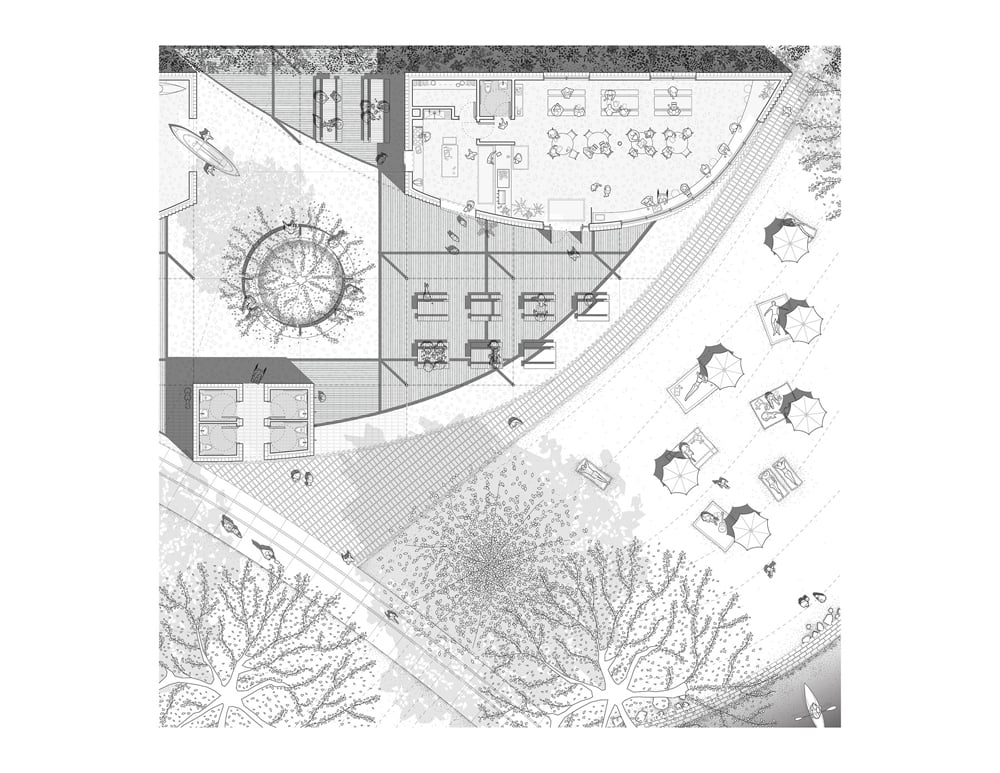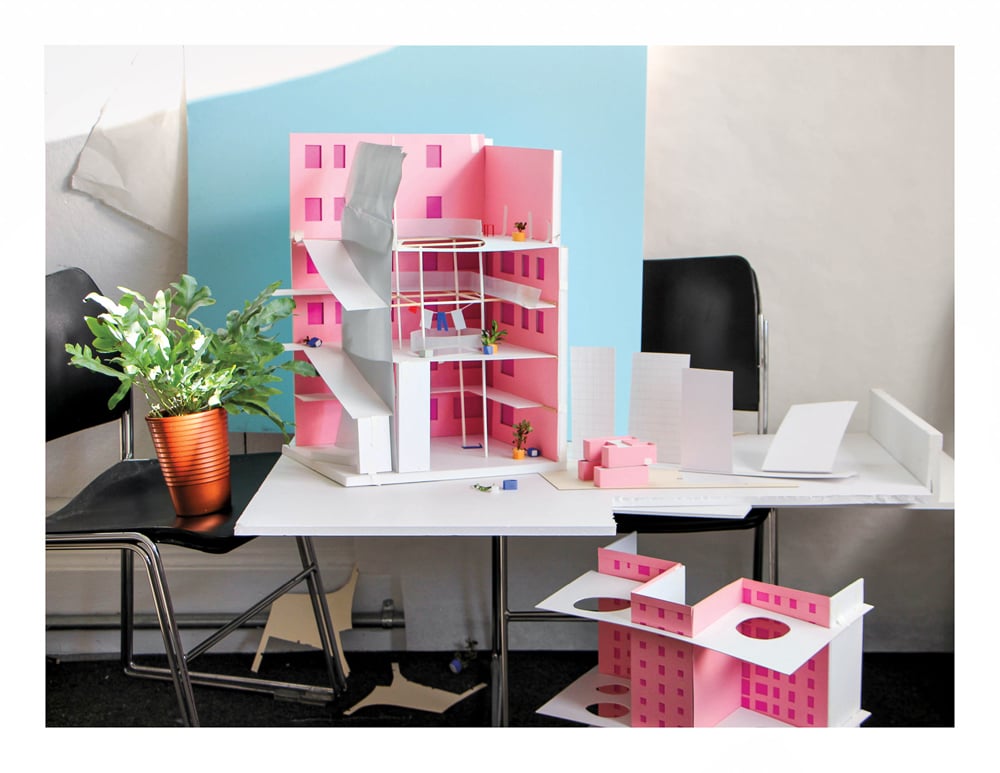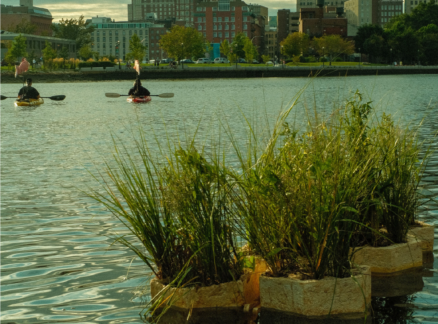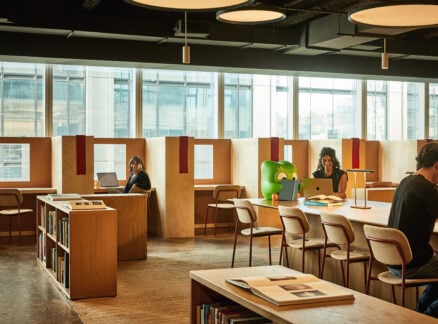
April 27, 2021
Future100: Alek Tomich Addresses Equity in the Built Environment
For this graduate student, architecture needs to be more accessible—and his mission is to bring that to fruition.

of Newburgh, New York. Their proposed redesign of Downing Park aims to improve circulation and, in turn, better facilitate social exchange within the city’s diverse population. Courtesy Alek Tomich
Inspired by the transformative events of 2020, Columbia University graduate student Alek Tomich shifted the focus of his studies to address equity across different scales of the built environment. “I’m interested in analyzing the sociopolitical context of a building or site and the implications associated with deploying a new architectural program,” he explains. “I have come to realize that the built environment has historically codified and preserved inequities present at every level of American life.” For him, standard interventions such as building development cannot always rectify problems such as systemic urban disinvestment or remedying historical injustices. Tomich served as the codirector of Columbia University’s Queer Students of Planning, Architecture, and Preservation (QSAPP) association, where he was a member of the team that published Safe Space: Housing LGBTQ Youth Experiencing Homelessness in 2019. He’s currently working on a project that will include spaces that are absent from the canon of New York City’s queer history.
Tomich believes that the architecture field needs to be more broadly accessible. “If we cannot control the cost of entry through higher education, we can start by regulating salaries,” he says. “There are still far too many firms offering unpaid internships or monthly stipends that equate to less than the minimum hourly wage. This system is classist and bars many from gaining valuable experience.” He hopes to own and operate his own practice that will combine design and research.

ALEK TOMICH
Columbia University
Graduate Architecture
NOMINATOR: Daisy Ames, Adjunct Assistant Professor
Tomich’s interests lie in materials, equity, and the environment. His portfolio addresses topics such as waste cycles, indoor air pollutants, and public green space.

You may also enjoy “Future100: The Next Wave of Urban Planners Will Prioritize Social Capital“
Would you like to comment on this article? Send your thoughts to: [email protected]
Register here for Metropolis’s Think Tank Thursdays and hear what leading firms across North America are thinking and working on today.





